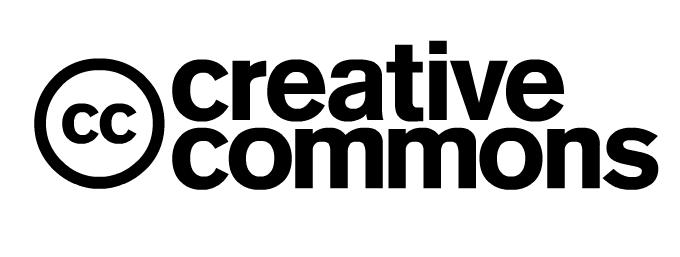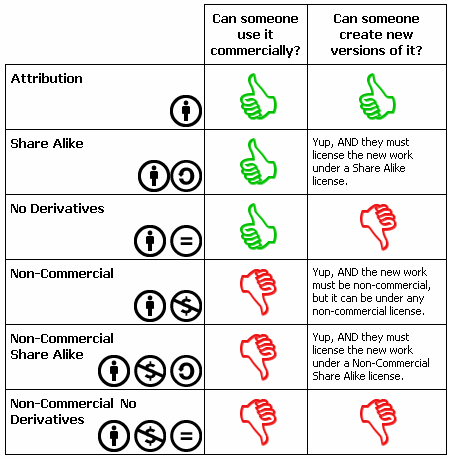You can’t use everything you find on the web. If you didn’t know this by now than I am happy that this post is already useful. Jokes aside, if you are a blogger then you have probably encountered the term “Creative Commons”. Don’t worry, you are not alone. This term has been used a lot lately because all of us want to share, reuse, and re-edit music, movies and written content.
The first thing you should know is that Creative Commons is actually an organization. A non-profit organization to be exact. It was founded in the United States in 2001. Creative Commons objective is to enable and expand the sharing range of creative work through legal tools that are completely free of charge. They have a global reach and many creators around the world use their services.
The flagship tool is the licence they provide, and the creative commons licence is completely free to use. It is a simple process that requires no registration from the licencers. The purpose is for creators to keep their rights while sharing their work. The licences are divided to six different categories each one with its different pros and cons.
So what are the 6 licences? The following discriptions have been take from creativecommons.org the official creative commons website.
Attribution: CC BY
This license lets others distribute, remix, tweak, and build upon your work, even commercially, as long as they credit you for the original creation. This is the most accommodating of licenses offered. Recommended for maximum dissemination and use of licensed materials. See the full CC BY legal code here.
Attribution-ShareAlike: CC BY-SA
This license lets others remix, tweak, and build upon your work even for commercial purposes, as long as they credit you and license their new creations under the identical terms. This license is often compared to “copyleft” free and open source software licenses. All new works based on yours will carry the same license, so any derivatives will also allow commercial use. This is the license used by Wikipedia, and is recommended for materials that would benefit from incorporating content from Wikipedia and similarly licensed projects. See the full CC BY-SA legal code here.
Attribution-NoDerivs: CC BY-ND
This license allows for redistribution, commercial and non-commercial, as long as it is passed along unchanged and in whole, with credit to you. See the full CC BY-ND legal code here.
Attribution-NonCommercial: CC BY-NC
This license lets others remix, tweak, and build upon your work non-commercially, and although their new works must also acknowledge you and be non-commercial, they don’t have to license their derivative works on the same terms. See the full CC BY-NC legal code here.
Attribution-NonCommercial-ShareAlike: CC BY-NC-SA
This license lets others remix, tweak, and build upon your work non-commercially, as long as they credit you and license their new creations under the identical terms. See the full CC BY-NC legal code here.
Attribution-NonCommercial-NoDerivs: CC BY-NC-ND
This license is the most restrictive of the six main licenses, only allowing others to download your works and share them with others as long as they credit you, but they can’t change them in any way or use them commercially. See the full CC BY-NC legal code here.
The Special Public Domain CC-0
Public Domain CC0 1.0 means that there is no copyright. Use this for free and for whatever you want. This is how it is described: Whoever created the content, . You can copy, modify, distribute and perform the work, even for commercial purposes, all without asking permission.
Now that you know the creative commons variations you are less likely to get in trouble for misunderstandings. You must understand that creative commons does not manage the rights for anyone. The only one who can manage are the creators themselves. They also declare that granting permission of use is not under their umbrella. CC claims that to their knowledge, most of the court of laws accept their format of copyright protection.
Think you can add some insights? Leave in the comment section below.
This Post Was Written By Leytal Ross






0 Comments